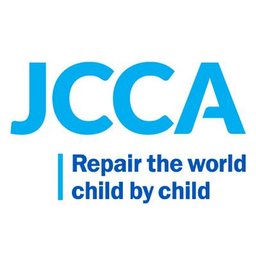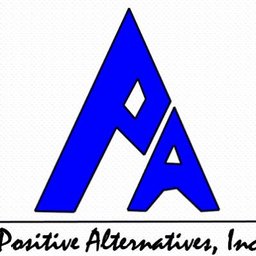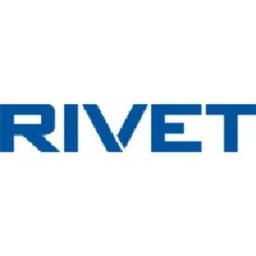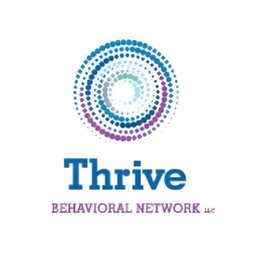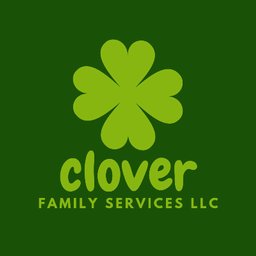Program Overview: JCCA’s Youth Assertive Community Treatment (ACT) is a program designed to address the significant needs of youth ages 10 to 21, who are at risk of entering, or returning home from, high end services, such as inpatient settings or residential services, through the use of a multi-disciplinary team. Children with significant psychiatric needs, who are at risk of institutional level of care, require intensive interventions in order to adequately support the child and family’s complex needs, to avoid high end services or facilitate and support a successful transition back to community. JCCA’s Youth ACT programs serve as a critical component in the children’s continuum of care and ensures the child and their family have the level of support services and access to clinical professionals they require to sustain any gains made in crisis response or high-end services. Team interventions are focused on improving or ameliorating the significant functional impairments and severe symptomatology experienced by the child/youth due to mental illness or serious emotional disturbance (SED). Interventions are also focused on enhancing family functioning to foster health/well-being, stability and re-integration for the child/youth. Services are delivered using a family-driven, youth guided and developmentally appropriate approach that comprehensively addresses the needs of the child/youth within the family, school, medical, behavioral, psychosocial, and community domains. Youth/families enrolled in ACT are the responsibility of the collective team, and not just one or two individuals on the team.
Position Summary: The Family Peer Advocate (FPA) is a unique position that provides support to parents or caregivers who are raising their children with serious mental health concerns as they are personally familiar with associated challenges and available community resources. As a member of the Youth ACT team, the FPA will educate caregivers about maintaining self-awareness, self-help techniques, symptom management, clarify rehabilitation and teach effective coping strategies based on their own lived experience. This allows the caregiver to then transfer the skills and knowledge acquired to support the wellbeing and recovery of their child. The peer advocate must maintain consistent, ongoing communication with the entire team. The FPA must successfully complete the required ACT Institute trainings as well as obtain and maintain CANS certification.
Responsibilities:
- Provide case contacts – psychoeducation, treatment planning, referral, training, monitoring, crisis management, crisis response - 60% of time
- Participation in team meetings/supervision – 25% of time
Documentation - 15% of time
Qualifications: The FPA will be an individual who self-identifies and provides supporting documentation as a person who has had first-hand experience with mental health and/or co-occurring behavioral health challenges. At a minimum, an FPA must have a high school diploma, high school equivalency and they must also possess a credential recognized by the State Office of Mental Health and receive specialized training and supervision.
Additional knowledge and skills must include:
Computer skills (particularly Microsoft Office)
Ability to work with multiple functional departments
Knowledge of community resources (food, housing, education, financial benefits, employment etc.)
Patience and ability to work as a team
Understanding of Social Determinants of Health, Race Equity, Social Justice, and Trauma Informed care
Exceptional interpersonal, communication and organizational skills
Bi-lingual Spanish (a plus)
Hourly Rate: $22.08 per hour
